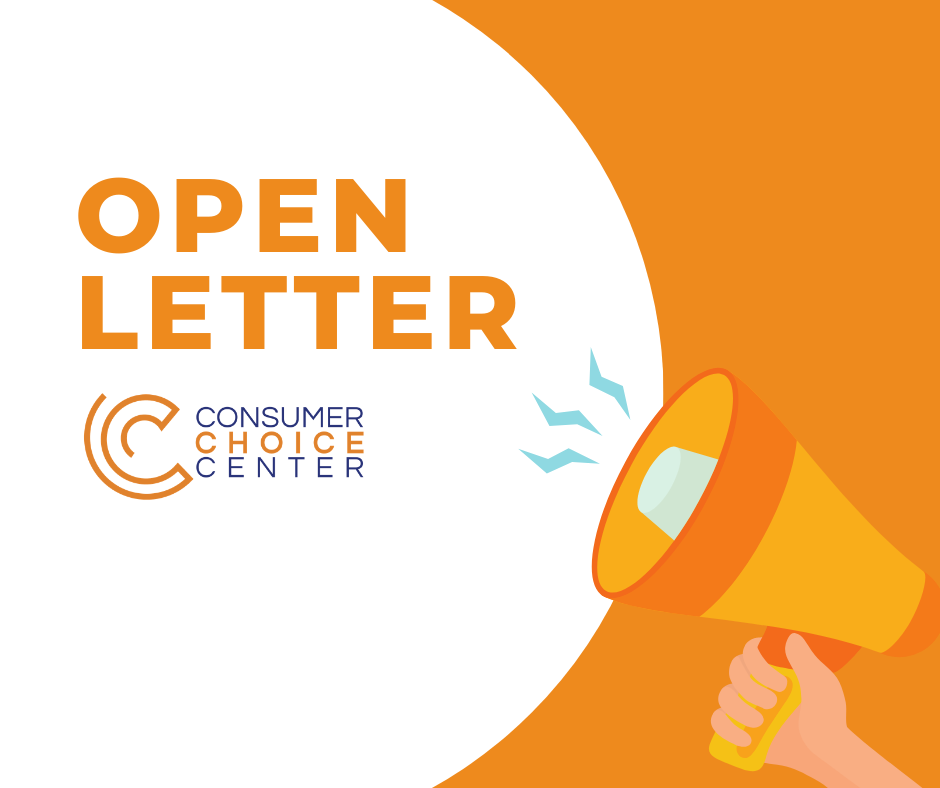
NASHVILLE, Tenn. (WSMV) – Il Consumer Choice Center ha pubblicato un rapporto che analizza le principali città al mondo per quanto riguarda la "sharing economy". Lo Sharing Economy Index ha classificato 65 città...

Trečioje vietoje pasaulyje rikiuojasi Nešvilis, ketvirtoje – Talinas, o penktoje – Londonas. Questa posizione indica che tutto ciò che serve è il modo in cui puoi gestire l'economia in modo efficiente con la tua minima regolamentazione dei clienti....

Vartotojų pasirinkimo centras (Consumer Choice Center) paskelbė šeštąjį kasmetinį Dalijimosi ekonomikos indeksą, kuriame įvertinami 65 didžiausi pasaulio miestai. Vertinimas apima tokių paslaugų prieinamumą kaip pavėžėjimas, automobilių dalijimasis, ultragreitas pristatymas, dalijimasis...

Questo pomeriggio, Martin Lewis ha lanciato un avvertimento a tutti i risparmiatori, affermando che dopo la legge di bilancio di oggi le persone potrebbero ritrovarsi a pagare più tasse. Il Cancelliere dello Scacchiere Rachel Reeves ha annunciato questo pomeriggio che chiunque avesse oltrepassato...

Una coalizione di gruppi per la difesa dei consumatori, il libero mercato e la riforma delle politiche sulle droghe si oppone alle misure volte a proibire e vietare i prodotti a base di 7-OH derivati dal kratom. WASHINGTON, DC – Una coalizione eterogenea di gruppi per la difesa dei consumatori...

Retards interminables, attente sur le quai bondé, pas grand choose pour se substanter… On connaît tous l'enfer des gares. Mais se pensi che la tua gara è la pire, vous...

La sesta edizione dell'European Railway Station Index distingue les gares européennes les plus performantes in termini di volume di passeggeri, di tempo di attesa o ancora di accessibilità. Cinque gare francesi...

Ci sono stazioni centrali che non sono affatto centrali e stazioni centrali che sono felicemente, e opportunamente, fedeli al loro nome. Uno dei terminal ferroviari più antichi d'Europa, la Zurich Hauptbahnhof (la...

Una conferenza stampa del Consumer Choice Center ha esaminato le implicazioni economiche e di salute pubblica delle politiche di controllo del tabacco nelle Filippine. Gli esperti hanno discusso l'onere finanziario delle malattie legate al tabacco...

Polski dworzec w euroskiej czołówce! Wrocław Główny zajął pierwsze i drugie miejsce w najnowszym “Europejskim Indeksie Dworców Kolejowych 2025”, ustępując jedynie szwajcarskiemu Zurychowi. To ogromne wyróżnienie dla Polski, zwłaszcza że...

Con l'avvicinarsi della sua undicesima Conferenza delle Parti (COP11), la Convenzione quadro dell'Organizzazione Mondiale della Sanità per la lotta al tabacco (FCTC dell'OMS) si trova nuovamente ad affrontare crescenti critiche.

WASHINGTON, 18 settembre 2025 /PRNewswire/ — La CareForward Alliance, una coalizione di recente formazione di sostenitori degli anziani, persone con disabilità, gruppi di pazienti e organizzazioni per le politiche di libero mercato, ha annunciato oggi un fronte unito contro le modifiche proposte a...